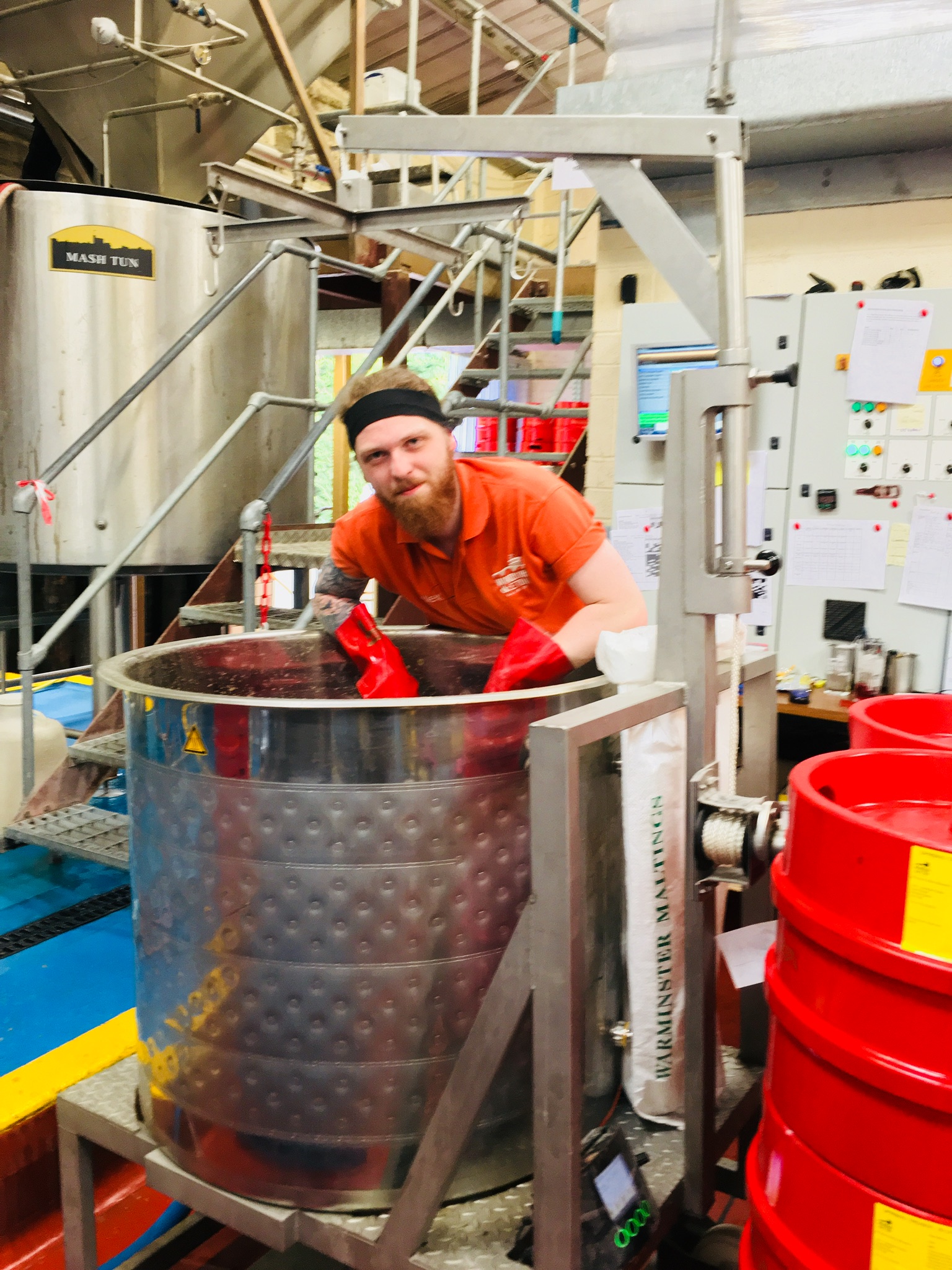ginger_beer
Member
I'm working on doing my first Witbier and have been reading how un-malted wheat malt gives a witbier a better flavor. So my LHBS does not carry un-malted wheat malt so I was thinking about using wheat flour in my mash and doing a infusion mash or doing a cereal mash and adding it back to my main mash. Can someone give me some hints,I'm not sure really what I should do?
Thanks
Thanks





